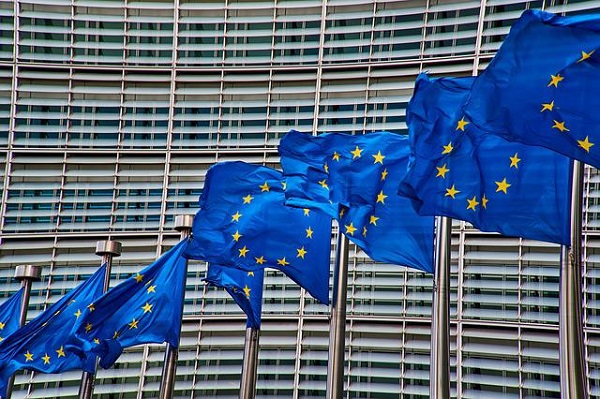 Credit: Pixabay
Credit: Pixabay
On Wednesday 9 July 2025, the European Commission launched two initiatives under its Preparedness Union agenda: an EU Stockpiling Strategy and a Medical Countermeasures Strategy.
According to the Commission, both strategies are designed to improve access to essential goods for European citizens, businesses and economies - ensuring continuity of essential goods and lifesaving medical supplies at all times, in particular during crises such as major energy blackouts, natural disasters, conflicts or pandemics.
EU Stockpiling Strategy
The EU Stockpiling Strategy is designed to secure essential goods, such as food, water, oil, fuel and medicines, in the event of a crisis. It is the EU's first comprehensive approach to stockpiling.
Key actions include:
- establishing an EU Stockpiling Network with Member States to share best practices, coordinate stocks and develop joint recommendations;
- identifying stock gaps and duplications through information sharing and strengthening cooperation among Member States and with the EU;
- expanding EU-level stockpiles to fill gaps in essential goods, supported by initiatives like rescEU for medical gear, shelter, generators and more;
- enhancing transport and logistics for rapid crisis response;
- promoting civil-military, public-private and international partnerships to maximise resource use efficiently and on time.
Medical Countermeasures Strategy
With rising disease outbreaks and growing antimicrobial resistance, exacerbated by climate change, deteriorating biodiversity and ecosystems, and geopolitical challenges, the EU's Medical Countermeasures Strategy seeks to accelerate the development, production, deployment and accessibility of lifesaving medical tools.
Key actions include:
- advancing next-generation flu vaccines, new antibiotics for antimicrobial resistance, antivirals for vector-borne diseases and improving access to chemical, biological, radiological and nuclear (CBRN) countermeasures;
- boosting intelligence and surveillance by developing an EU list of priority medical countermeasures, preparedness roadmaps and EU / global wastewater sentinel systems;
- accelerating innovation via the Medical Countermeasures Accelerator, research and development (R&D) hubs and expanding the HERA Invest programme;
- securing scalable production through EU FAB's ever-warm capacity and the new RAMP UP partnership;
- improving medicine access and deployment through joint procurement and support for ready-to-use labs;
- strengthening global cooperation and cross-sector collaboration, including civil-military preparedness, public-private efforts, citizen readiness and workforce investment.
Together, these strategies mark a key step toward a more proactive European response in the face of future crises.
The Commission noted that the EU Stockpiling Strategy and the Medical Countermeasures Strategy are two of the key actions announced in the Preparedness Union Strategy that was adopted in March 2025. Building on the Niinistö report recommendations, the EU-wide Stockpiling Strategy will integrate all existing sectorial stockpiling efforts, strengthen access to critical resources across the EU and combine centralised EU-level reserves with Member States' contributions, supported by public-private partnerships to ensure efficiency, scalability and cost-effectiveness.
The report also highlighted the urgent need to reinforce the EU's preparedness for all-hazard threats. In this regard, the Medical Countermeasures Strategy aims to boost coordinated action both within the EU and at global level to accelerate the development, production and rapid deployment and access to lifesaving medical tools, including vaccines, therapeutics, diagnostics and protective equipment. This is expected to reinforce the EU's collective resilience and ability to prepare and respond to health emergencies.








